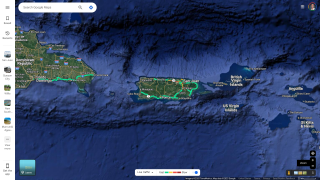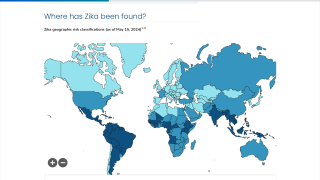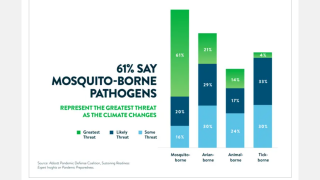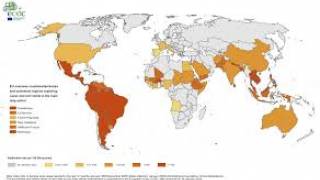Women Intentionally Infected With Zika Virus During Clinical Trial

For the first time, scientists deliberately infected women with the Zika virus to learn whether such a strategy could help test vaccine candidates against the pathogen, wrote Mariana Lenharo in a recent article published by the journal Nature.
These study participants who were infected only reported mild symptoms.
The results raise hopes that 'human challenge' programs, in which volunteers are exposed to a pathogen in a controlled setting, could make it feasible to test vaccines when Zika incidence is low.
"This is a great scientific gain in terms of the development of a vaccine," said Rafael Franca, an immunologist at the Oswaldo Cruz Foundation in Ribeirão Preto, Brazil, on October 22, 2023.
The new study represents a turnaround in the thinking about vaccine challenge clinical trials.
In early 2017, a report by researchers convened by the National Institute of Allergy and Infectious Diseases and the Walter Reed Army Institute of Research concluded that the risks of a human-infection study for Zika, at that time, surpassed the potential benefits.
And regulators recently have signaled that they might consider data from human challenge trials in vaccine development, "particularly for diseases that don't have enough incidence to test in the field."
The World Health Organization (WHO) says human challenge trials have been conducted over hundreds of years and have contributed vital scientific knowledge that has led to advances in the development of drugs and vaccines.
Nevertheless, such research can appear to conflict with the guiding principle in medicine .... do no harm.
As of October 23, 2023, several Zika vaccine candidates are conducting traditional clinical studies.
A surge of neurological congenital problems associated with Zika, such as microcephaly, led the WHO to declare a public health emergency of international concern in February 2016.
After a few quiet years, Zika outbreaks have returned in force, being detected in 89 countries.
In 2023, the Pan American Health Organization (PAHO) has confirmed local transmission of Zika in most countries and territories in the Region of the Americas.
As of October, the PAHO reported over 28,200 Zika cases across the Americas in 2023, with the highest proportion reported in Brazil, Bolivia, Belize, Costa Rica, Columbia, Paraguay, and Venezuela.
And in the United States, Puerto Rico has reported 37 Zika cases in 2023.
The WHO recently published EPI-WIN digest #7, which provides an overview of the Zika virus disease resurgence.
The full, unedited article in Nature is posted at this link.
Our Trust Standards: Medical Advisory Committee
























